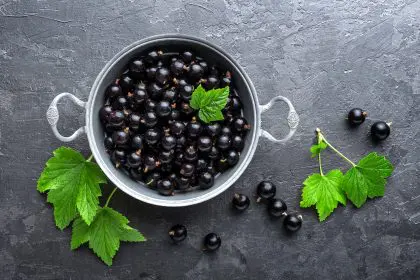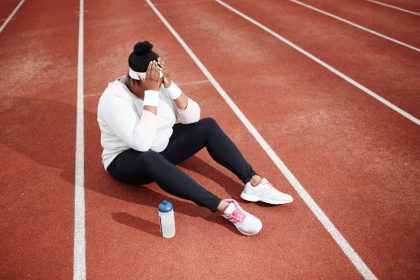Understanding the intricate relationship between weight gain and alcohol consumption is crucial in today’s health-conscious society. Alcohol, a common part of social gatherings and personal routines, can significantly impact body weight and overall health. This article explores how alcohol consumption influences weight gain, the mechanisms behind it, and the steps individuals can take to manage their weight while enjoying alcohol responsibly.
The caloric content of alcohol
Alcoholic beverages are often overlooked as a significant source of calories. However, alcohol contains seven calories per gram, which is almost as high as fat, which has nine calories per gram. This high caloric content means that regular consumption of alcoholic drinks can contribute to a higher calorie intake, potentially leading to weight gain.
Types of alcohol and their caloric impact
Different types of alcoholic beverages have varying caloric contents. For instance:
- Beer: A standard beer contains around 150 calories per 12-ounce serving.
- Wine: A 5-ounce glass of wine has about 120 calories.
- Spirits: A 1.5-ounce shot of spirits contains roughly 100 calories, not including mixers.
These calories can add up quickly, especially during social events where multiple drinks are consumed.
Alcohol and metabolism
Alcohol can also affect metabolism in ways that promote weight gain. When alcohol is consumed, the body’s metabolism prioritizes processing it over other nutrients. This process, called “fat sparing,” means that the body burns alcohol calories first while storing calories from food as fat.
Alcohol and appetite
Alcohol consumption can stimulate appetite and lead to increased food intake. It can lower inhibitions and impair judgment, making it more likely for individuals to indulge in high-calorie foods. Additionally, alcohol can alter hormones that regulate hunger and satiety, further contributing to overeating.
Alcohol’s effect on physical activity
Regular alcohol consumption can negatively impact physical activity levels. Alcohol can cause dehydration and fatigue, reducing the desire to exercise. Additionally, hangovers can lead to missed workouts and decreased physical performance.
Alcohol and muscle recovery
Alcohol can interfere with muscle recovery and growth. It affects protein synthesis, which is essential for muscle repair and growth. This interference can result in less effective workouts and slower progress in fitness goals.
Social and behavioral factors
Social settings often encourage excessive alcohol consumption. Drinking in social contexts can lead to behaviors that promote weight gain, such as eating calorie-dense foods and engaging in sedentary activities.
Peer pressure and social norms
Peer pressure and societal norms can influence drinking habits. In many cultures, social events revolve around alcohol, making it difficult for individuals to moderate their intake. This social expectation can lead to regular and excessive drinking, contributing to weight gain over time.
Managing weight while consuming alcohol
Balancing alcohol consumption with weight management requires conscious effort and lifestyle adjustments. Here are some strategies to help mitigate the impact of alcohol on weight gain:
Choosing lower-calorie options
Opt for lower-calorie alcoholic beverages. For instance, light beers and dry wines generally have fewer calories than their regular counterparts. Avoid sugary mixers and cocktails, which can significantly increase caloric intake.
Moderation and mindful drinking
Practice moderation and mindful drinking. Set limits on the number of drinks consumed and pace yourself to avoid overconsumption. Drink water between alcoholic beverages to stay hydrated and reduce overall intake.
Incorporating physical activity
Regular physical activity can help offset the caloric intake from alcohol. Incorporate a mix of cardio and strength training exercises to boost metabolism and support weight management.
Healthy eating habits
Maintain healthy eating habits, especially when drinking. Opt for nutritious snacks and meals that provide satiety and essential nutrients without excessive calories. Avoid late-night eating, which can be exacerbated by alcohol consumption.
Conclusion
The relationship between weight gain and alcohol consumption is complex, influenced by caloric intake, metabolism, physical activity, and social factors. Understanding these dynamics is crucial for managing weight while enjoying alcohol responsibly. By making informed choices, practicing moderation, and maintaining a healthy lifestyle, individuals can navigate the challenges of alcohol consumption and weight management effectively.
This story was created using AI technology.
















